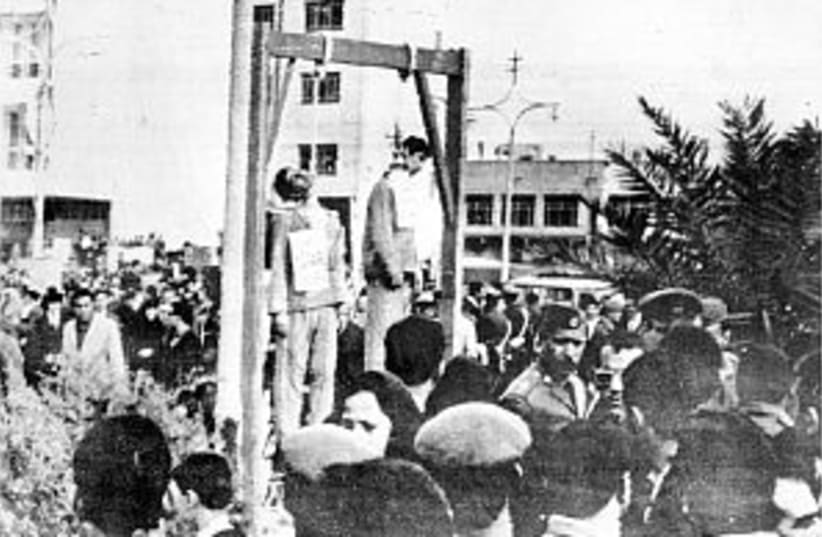| More about: | Saddam Hussein, Giv'atayim, Six-Day War, Jerusalem |
Day of joy for victim's sister in Givatayim
Haviva Hanuka's brother was one of 14 'spies' killed by Saddam in 1969.


| More about: | Saddam Hussein, Giv'atayim, Six-Day War, Jerusalem |